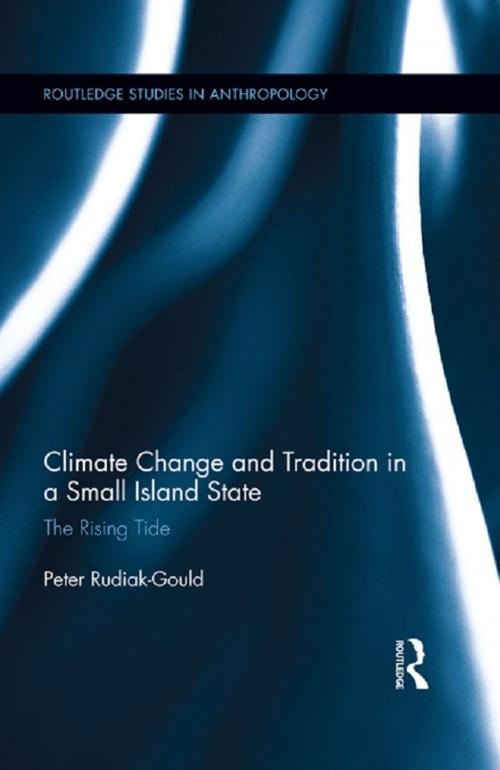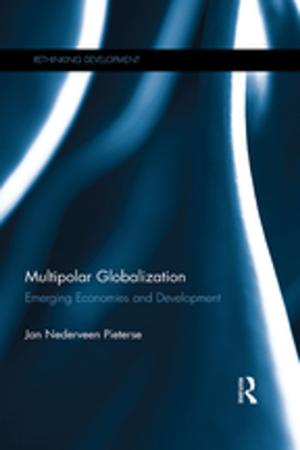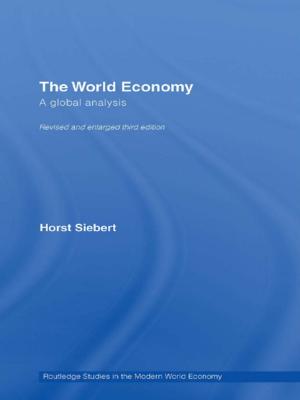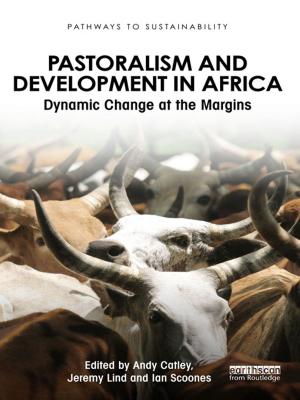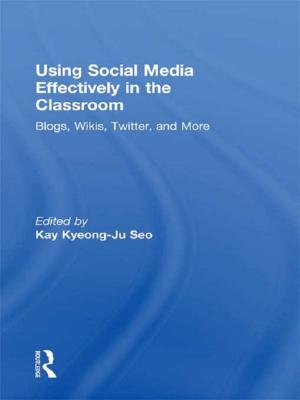Climate Change and Tradition in a Small Island State
The Rising Tide
Nonfiction, Science & Nature, Science, Other Sciences, Meteorology, Social & Cultural Studies, Social Science, Cultural Studies, Customs & Traditions, Anthropology| Author: | Peter Rudiak-Gould | ISBN: | 9781135055370 |
| Publisher: | Taylor and Francis | Publication: | July 18, 2013 |
| Imprint: | Routledge | Language: | English |
| Author: | Peter Rudiak-Gould |
| ISBN: | 9781135055370 |
| Publisher: | Taylor and Francis |
| Publication: | July 18, 2013 |
| Imprint: | Routledge |
| Language: | English |
The citizens of the Marshall Islands have been told that climate change will doom their country, and they have seen confirmatory omens in the land, air, and sea. This book investigates how grassroots Marshallese society has interpreted and responded to this threat as intimated by local observation, science communication, and Biblical exegesis. With grounds to dismiss or ignore the threat, Marshall Islanders have instead embraced it; with reasons to forswear guilt and responsibility, they have instead adopted in-group blame; and having been instructed that resettlement is necessary, they have vowed instead to retain the homeland. These dominant local responses can be understood as arising from a pre-existing, vigorous constellation of Marshallese ideas termed "modernity the trickster": a historically inspired narrative of self-inflicted cultural decline and seduction by Euro-American modernity. This study illuminates islander agency at the intersection of the local and the global, and suggests a theory of risk perception based on ideological commitment to narratives of historical progress and decline.
The citizens of the Marshall Islands have been told that climate change will doom their country, and they have seen confirmatory omens in the land, air, and sea. This book investigates how grassroots Marshallese society has interpreted and responded to this threat as intimated by local observation, science communication, and Biblical exegesis. With grounds to dismiss or ignore the threat, Marshall Islanders have instead embraced it; with reasons to forswear guilt and responsibility, they have instead adopted in-group blame; and having been instructed that resettlement is necessary, they have vowed instead to retain the homeland. These dominant local responses can be understood as arising from a pre-existing, vigorous constellation of Marshallese ideas termed "modernity the trickster": a historically inspired narrative of self-inflicted cultural decline and seduction by Euro-American modernity. This study illuminates islander agency at the intersection of the local and the global, and suggests a theory of risk perception based on ideological commitment to narratives of historical progress and decline.
